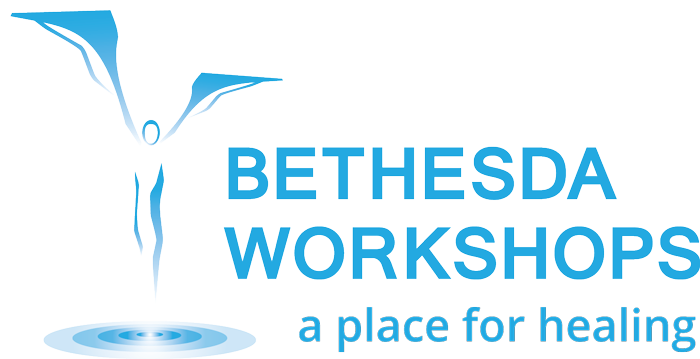During a recent trip to Portland, Oregon, my husband began having debilitating pain that started in his back and radiated down one leg. We correctly suspected sciatica, and the prospect of a cross country flight home seemed impossible. After a very long night where both of us slept very little, we went to the emergency room.
Visiting the ER is never a welcome appointment. Just the thought is stressful, and being so far from home increased our discomfort. Add in David’s agonizing pain, and we both were on edge. We were relieved to find the ER wasn’t busy. (To be fair, it was super early on a Monday morning, so we were likely in the magic window between the heart attacks and stabbings and the acute ear infections.)
The check-in clerk was friendly and efficient, and we weren’t strapped with pages of paperwork. The hospital required just a brief description of the problem and a copy of the insurance information. Soon we were escorted to a room, where we were quickly attended to by an unusually kind nurse and physician. When I went to pick up a prescription from the hospital pharmacy while David waited for an injection to take effect, person after person smiled and offered help as I navigated the maze of corridors and searched for an adjacent building. After only about 90 minutes, we were ready to leave.
When the doctor came back with the discharge papers, I tried to thank him for our unusually positive experience during a stressful time. He politely brushed off my comments, and when I pressed the point, he said, “Oh, we’re all just doing our jobs. That’s what we’re here for.”
I begged to differ with him. Their jobs were to provide competent medical care, which was easily accomplished. The hospital’s culture, though, went far beyond that objective. Every visible detail was geared toward patient comfort, and not just medically. Creating a culture of kindness and compassion is a choice, not a job. The hospital in Portland leads with its name, which is Good Samaritan. Telling, I’d say.
This principle applies to all of us. Am I more focused on listening to the distressed addict or partner who calls Bethesda Workshops than I am on merely getting another workshop registration? I confess that’s often hard for me, especially when I’m stressed and my margins are too thin.
Are you – a plumber, store clerk, lawyer, delivery person, salesperson, teacher, homebuilder or whatever your vocation – interested in going beyond just doing your job to offering compassionate charity to those in your path?
Colossians 3:17 instructs, “And whatever you do, whether in word or deed, do it all in the name of the Lord Jesus.” How can we practice that principle today?
Marnie C. Ferree
